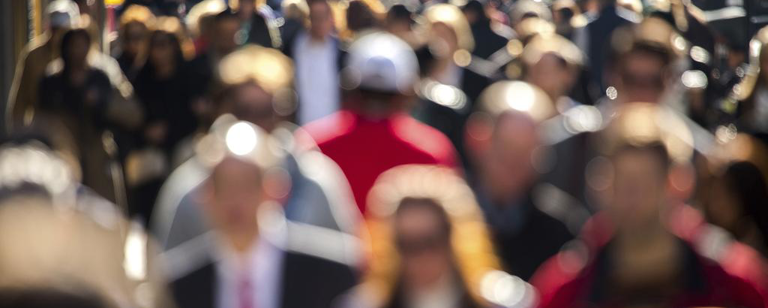Australia’s population increases by one person every 81 seconds, while both urban and rural demographics continue to shift. If ‘demography is indeed destiny’, as Malcolm Turnbull once said … what vision is guiding our growth, and why?
Enter Question time. Through a full hour of Q&A with our expert panellists, we’ll explore the many facets of the population question in Australia, and how they intersect with the broader implications of a burgeoning global population. Has there been a true governmental strategy since Rudd’s Big Australia? What are the current trends in Australia’s population growth, and how have they changed? And what advances are we seeing in food, water and energy systems to support communities around the world?
Host Madeleine Morris will facilitate your discussion with panellists including environmentalist and former Australian Conservation Foundation president Ian Lowe, Humanitarian Advisory Group director Louise Searle, environmental policy and urban planning expert Michael Buxton, and internationally-renowned medical anthropologist, social historian and public health researcher Lenore Manderson.
Featuring
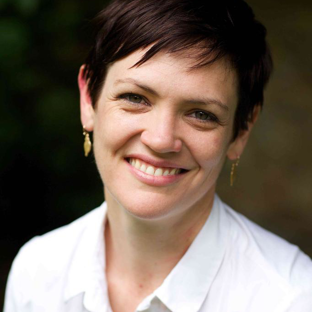
Madeleine Morris
Madeleine Morris is a Melbourne-based reporter for ABC television’s 7.30. She was formerly a presenter for the BBC in London and reported from dozens of countries before returning to her native Australia. She is the author of Guilt-Free Bottle-Feeding: Why Your Formula-Fed Baby Can Grow Up To Be Happy, Healthy and Smart, published by Finch.
Ian Lowe
Professor Ian Lowe AO was president of the Australian Conservation Foundation (ACF) from 2004 to 2014. He is emeritus professor of science, technology and society at Griffith University in Brisbane, as well as being an adjunct professor at Sunshine Coast University and Flinders University.
Professor Lowe has been a referee for the Inter-Governmental Panel on Climate Change, the International Geosphere-Biosphere Program and the Millennium Assessment. He attended the Geneva, Kyoto and Copenhagen conferences of parties to the Framework Convention on Climate Change. He was a member of the Australian delegation to the 1999 UNESCO World Conference on Science and has served on many advisory bodies to all levels of government.
His books include A Big Fix, Living in the Hothouse, and A Voice of Reason (UQP 2010). His most recent book is Bigger or Better? Australia’s population debate (UQP).
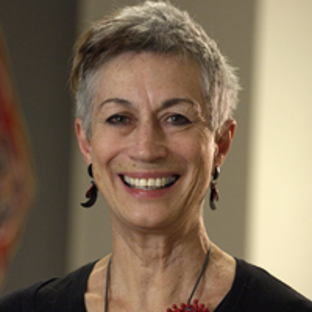
Lenore Manderson
Lenore Manderson is an internationally-renowned medical anthropologist, social historian and public health researcher and educator.
Lenore is Professor of Public Health and Medical Anthropology, School of Public Health, University of the Witwatersrand, South Africa. She is also Professor in Environment and Society at Brown University, United States, where she is co-ordinating a five-year program of collaborations between the creative arts and humanities, natural and social sciences, on climate and environmental change.
Improbably, she lives in Melbourne, Johannesburg and Providence, RI.
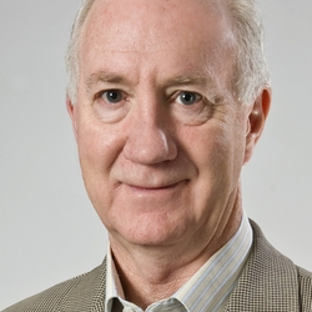
Michael Buxton
Professor Michael Buxton joined RMIT in 1998 after 12 years in senior management with Victorian Government Planning and Environment agencies, and with the Victorian Environment Protection Authority.
He formerly headed the intergovernmental process for Australia’s National Greenhouse Strategy, the group responsible for the development and implementation of environmental policy in Victoria, and has ten years experience in local government.
He is a former lecturer at Monash University, Melbourne, and has published extensively on environmental and planning issues.
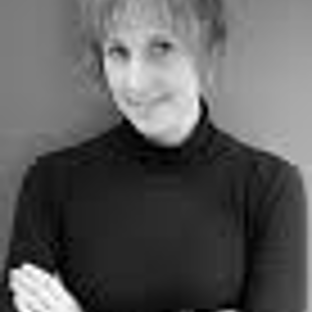
Louise Searle
Louise Searle is a Director at Humanitarian Advisory Group, a Melbourne-based social enterprise providing research, training and advisory services on humanitarian issues. Over the last decade, she has worked in conflict settings and disaster responses in contexts such as eastern Democratic Republic of Congo (DRC), northern Uganda, northern Kenya, Myanmar/Burma, Indonesia and Haiti.
Louise’s humanitarian experience focuses in particular on protection — or the safety, dignity and human rights — of people affected by conflict, displacement and disaster. She is also a registered nurse with experience in emergency medicine, public health, and the health of asylum seekers and refugees.
